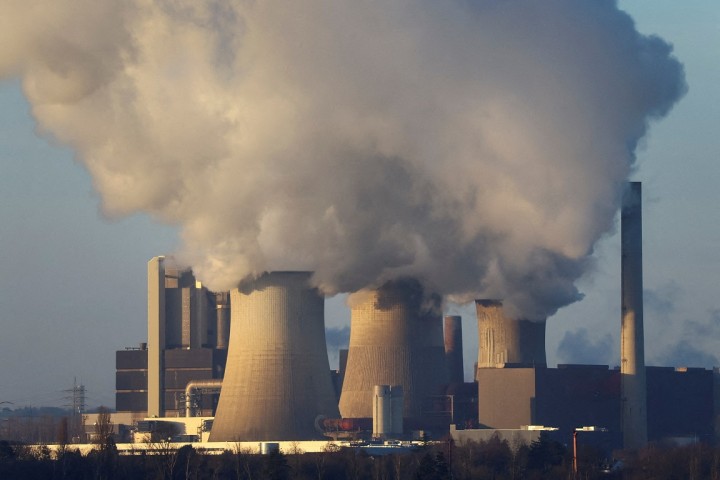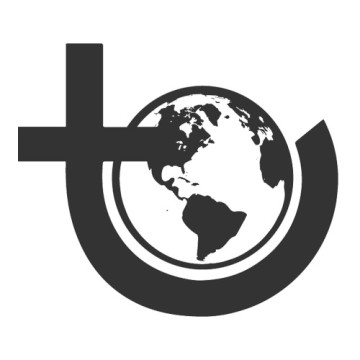Pro-nuclear countries back total opening up of EU funding for nuclear

The nuclear alliance met for the first time on Monday with representatives from Bulgaria, Croatia, the Czech Republic, Finland, France, Hungary, the Netherlands, Poland, Romania, Slovakia, Slovenia, and Sweden.
Italy and Belgium – which holds the rotating EU presidency until July – also attended as observers.
For the first time, the alliance met without its initiator, former French energy transition minister Agnès Pannier-Runacher, who was replaced by Economy Minister Bruno Le Maire and his minister delegate for energy, Roland Lescure, in the latest government reshuffle earlier this year.
At the meeting, the pro-nuclear states reiterated their call to end financial discrimination against low-carbon energy they made last July, although they were more specific this time.
“We discussed the opportunity to launch a working group on European instruments to deploy nuclear reactors in the EU and associated European value chain within the nuclear alliance,” the alliance’s joint declaration states.
The aim is to explore the possibilities and benefits of financing instruments, such as the European Investment Bank (EIB) support, Innovation Fund, state aid guidelines, or ‘important projects of common European interest’.
Growing recognition of nuclear
While the nuclear alliance is still finding its feet, recent months have seen a growing recognition of the benefits of nuclear power, from the Net Zero Industry Act (NZIA), which aims to stimulate the establishment of the industries needed for the transition in Europe, to the European Commission’s support for the development of small modular reactors (SMRs) and the official launch of an industrial alliance for the development of SMRs in Europe.
According to Le Maire, the “challenge is to move to practical work” on a European scale, which amounts to “hundreds of billions of euros”.
Among the resources available, he is particularly keen for the EIB to “return to the forefront”, particularly in financing research.
European Investment Bank (EIB)
The EIB’s remit does not preclude it from investing in nuclear power even though the bank’s governing bodies have not been in favour of such investments in recent years.
“The European Investment Bank has financed up to €7 billion of investment in nuclear power. After 2000, the figure was barely one billion,” said Le Maire.
Fortunately for France, there seems to have been a change of direction in recent months, as candidates for the EIB presidency have had to appeal to pro-nuclear member states.
Appointed to head the EIB from 1 January 2024, former Spanish government vice-president Nadia Calviño has made clear that she favours financing nuclear power, particularly SMRs.
For the largest reactors, things are likely to be more complicated, particularly as investment decisions need the approval of all member states.
However, “if Germany is against it, I don’t think a project can emerge”, a source inside the EIB told Euractiv France.
Project of common European interest
The Nuclear Alliance has also endorsed the principle of a major project of common European interest for nuclear power (IPCEI).
This could cover “research infrastructure, fuel production, SMRs, etc”, Le Maire’s office said on 21 February, when the minister outlined the idea.
Giving a project such a status makes it easier for member states to finance it by relaxing state aid rules. IPCEIs already exist for hydrogen, batteries, and solar energy.
The “Friends of Renewables” also met on Monday morning on the margins of the EU Energy Council.
For the 14 EU countries represented, including Germany, but also some states represented at the meeting of the nuclear alliance, it is important to ensure that “given the short period that separates us from 2040, and without prejudice to the ongoing negotiations on the European financial framework, funding [is] focused on cost-effective technologies where there are common objectives,” they said in a statement.

